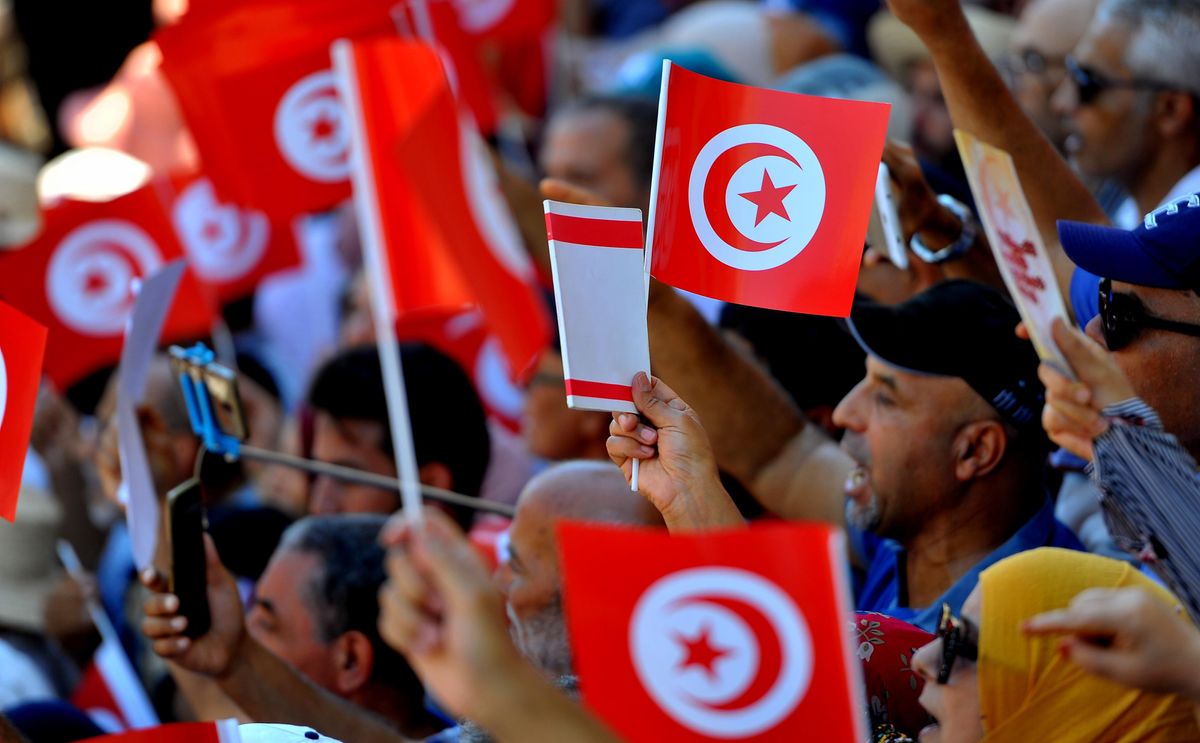Tunisia holds constitutional referendum
Tunisians go to the polls Monday to vote in a referendum over the new constitution pushed by President Kais Saied. The vote is scheduled on the first anniversary of Saied sacking the government and suspending parliament in the only country that emerged a democracy from the Arab Spring. At the time, he justified the move as necessary to prevent a bigger crisis, but his opponents called it a coup; since then, Saied has consolidated power by taking it away from any institution or group that challenged him, including judges and trade unions. The president's growing dictator vibes have upset many Tunisians who initially supported him, but he still has fans among younger people tired of corruption and dysfunctional parliamentary politics. Most opposition groups have boycotted the plebiscite, so the "yes" vote is likely to win (albeit with a low turnout). If the new charter is approved, Saied promises to hold legislative elections within six months. But they'll be less decisive under the revised constitution, which vastly expands presidential power at the expense of parliament and the judiciary.

















